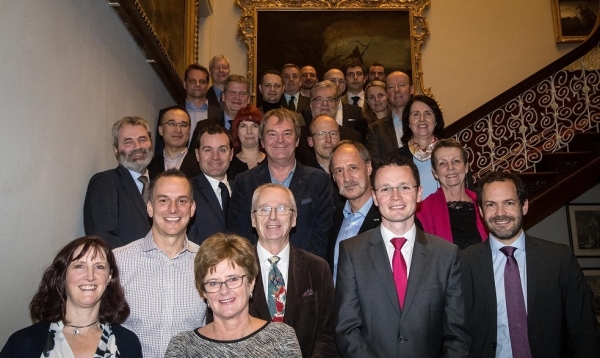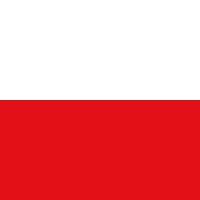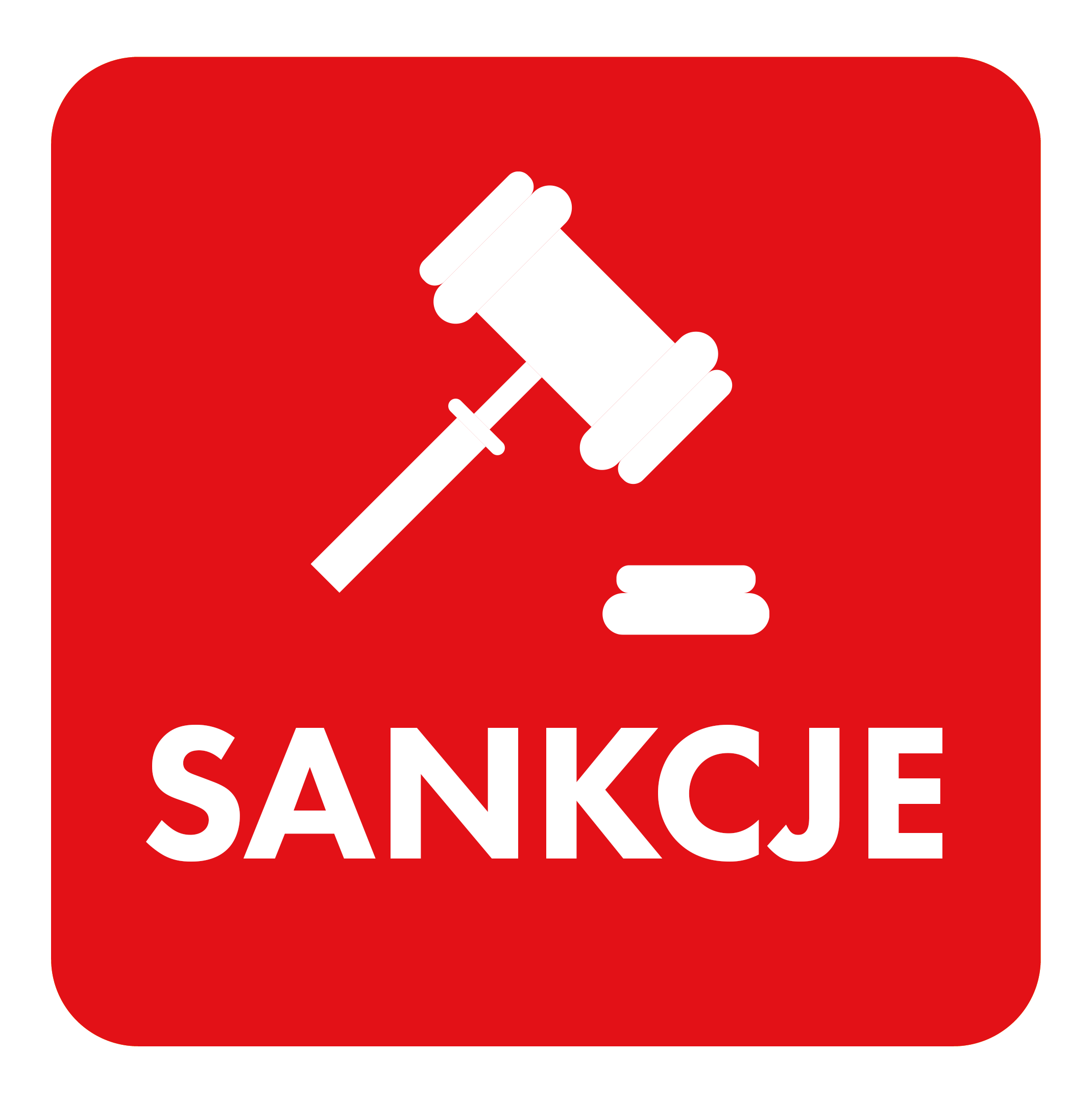Summary of the meeting of representatives of anti-doping agencies in Dublin


Press Release
- Representatives of the National Anti-Doping Agencies (NADOs) are implementing urgent reforms following the second McLaren report
- Special summit of NADO leaders in Dublin.
- In response to the second McLaren report, NADO representatives call for Russian sports organizations to be excluded from all international competitions – until significant reforms are put in place, all athletes will compete as non-attached persons.
- NADO representatives also called for Russia to be deprived of the organization of all major international competitions and for a moratorium to be introduced on the organization of new competitions by Russia.
- NADO representatives expressed their support for WADA as a global regulator and offered their assistance in implementing all reforms.
- NADO representatives rejected the idea of a new global “independent control body” controlled by sport and are considering the development of guidelines for independent control bodies setting out the principles for conducting doping controls previously carried out by international federations.
DUBLIN, IRELAND (January 10, 2017) – Having examined the evidence of widespread systemic corruption revealed by the second McLaren report, representatives from 19 National Anti-Doping Organizations (NADOs) met at a special summit organized by Sport Ireland with the hope of restoring confidence in clean athlete and to ensure that the integrity of sport was never seriously undermined by the world’s sports community.
In a joint communication, NADO representatives stated “In the best interest of clean athletes, we hope that the proposals will help sport emerge from the crisis and move towards a brighter future, one in which the promise of clean competition is kept. But to do this, the right steps need to be taken. It is important to ensure that those responsible for the state-supported corruption system in Russia are held accountable and that a truly independent model of doping control is put in place. In addition, every effort must be made to return to the athletes who were the victims of this atrocious practice at least part of what has been taken from them”.
Meeting for the third time in six months, NADO representatives reaffirmed their support for the reform proposals put forward in Copenhagen, a series of urgent reforms proposed last August following the publication of the first McLaren report. At the same time, they called on the international sports community to strengthen the fight against doping and to restore athletes’ confidence in clean and fair competition worldwide.
In view of the undeniable evidence of an institutionalized doping system in Russia revealed by McLaren and his team, the NADO representative group called for the exclusion of Russian sports organizations from all international competitions until a doping control system fully in line with the World Anti-Doping Code is re-established in Russia.
However, taking into account the position expressed by the International Paralympic Committee (IPC) and the International Association of Athletics Federations (IAAF), which understand that there are Russian athletes who have undergone thorough doping controls in other countries, the group has offered them assistance and has called for the application of uniform criteria on the basis of which Russian athletes will be able to participate in international sports competitions as non-attached persons.
The representatives appealed to international federations and organizers of large sports competitions to deprive Russia of the organization of all international competitions and to introduce a moratorium on granting Russia the organization of new competitions.
In order to prevent the duplication of practices observed in Russia, NADO advocated the introduction of a more independent, global anti-doping model. The Group reiterated its position that anti-doping organizations, including the World Anti-Doping Agency (WADA), should be independent and should implement the necessary reforms, including the proposal that any person with decision-making powers in an anti-doping organization should be prohibited from taking a leading position in the sports organization or organizer of sport events.
The value of maintaining close cooperation with sport has been confirmed, especially in the areas of anti-doping education, funding and exchange of information on doping. The representative take the view that investigative bodies, bodies responsible for doping research and for results management should be independent of sports organizations. These reforms will help to prevent the internal conflict of interest that exists when a sports organization needs to promote and control itself at the same time.
NADO representatives also recognized the need to introduce a control system with greater transparency in the area of anti-doping efforts in international sports. International athletes should be subject to harmonized and rigorous testing by independent national anti-doping organizations. Anti-doping organizations, on the other hand, should be subject to WADA control to ensure the integrity of their activities.
Since, following the McLaren report, evidence of the use and concealment of doping has been presented to many international federations, NADO urges WADA, a global regulator, to monitor and take the necessary action in accordance with the Code and the UNESCO Treaty on Combating Doping in Sport, to ensure that all evidence provided is thoroughly investigated and that appropriate consequences are drawn for all those responsible.
The international community should do everything in its power to honor athletes who, because of the doping used by other athletes, will never be able to regain the moments of joy that they have taken from their victories and to do justice to them. Including, if the athlete so wishes, the opportunity to participate in a formal medal award ceremony at the Olympic Games or World Championships once the decision has been taken to award them the lost medal.
One such athlete was the Irish walker, Olive Loughnane, who won the silver medal at the 2009 World Championships and was awarded the gold medal in 2016. Today, she supported the efforts of national anti-doping organizations to bring about changes in the anti-doping system. “As an athlete, I was surprised and frightened that the people entrusted with the task of protecting clean athletes and the integrity of sport actually helped and participated in such colossal frauds. I welcome the important work of the national anti-doping organizations and support their call for reform. Determined action is needed to get the message across that doping in sport is absolutely unacceptable”.
The proposals have been prepared and supported by leaders of anti-doping organizations worldwide, including Austria, Belgium (Flanders), Canada, Croatia, Denmark, Estonia, Finland, France, Germany, Ireland, Japan, the Netherlands, Norway, Poland, Slovenia, Spain, Sweden, Switzerland, and the United States.






